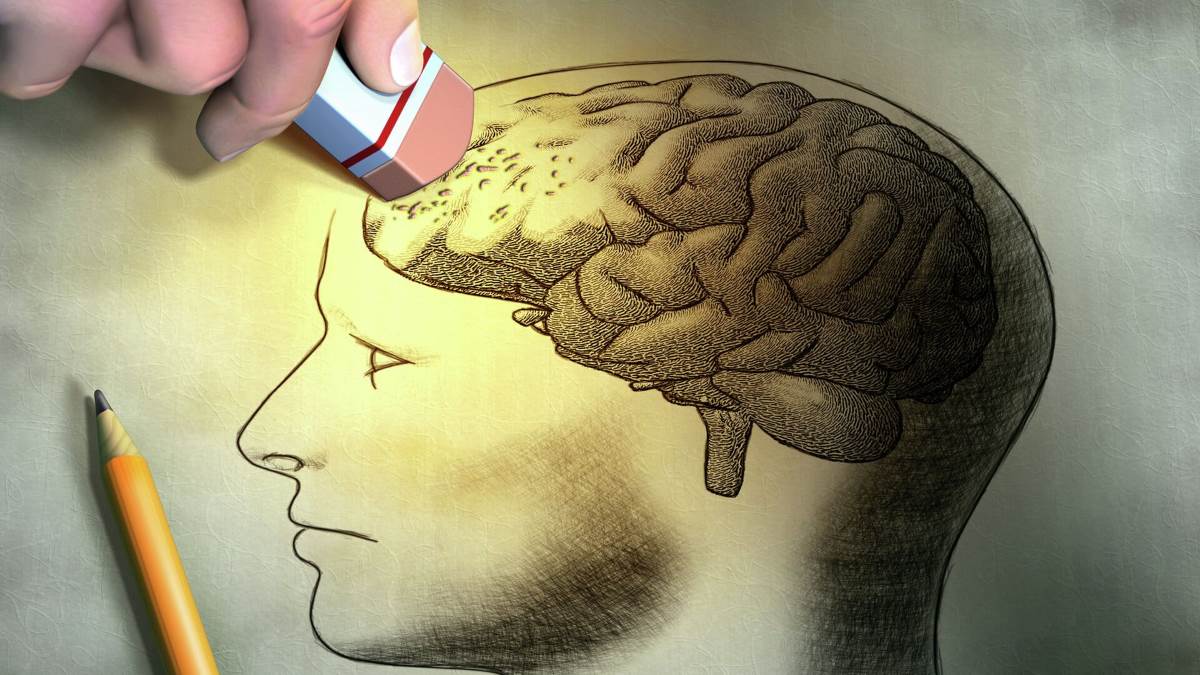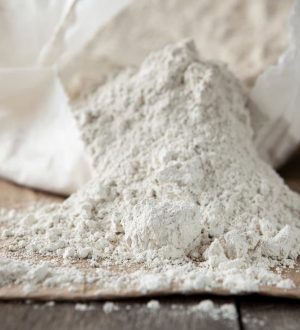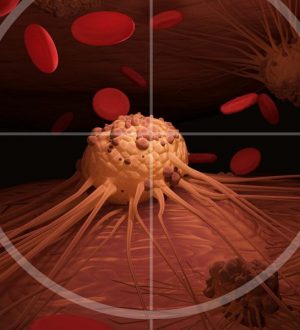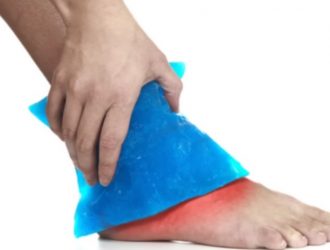
What is the most important vitamin for the brain? If you’re deficient, it can create all sorts of cognitive problems, that would be vitamin B12. B12 is from animal products. So if you’re not consuming animal products, you probably are going to be deficient unless you take it as a supplement. You can get b12 from certain microbes.
Contents
B12 deficiency
The other cause of a B12 deficiency is that you don’t have enough hydrochloric acid in your stomach. That happens as we age. It can also happen, if you’re taking an antacid. You need strong hydrochloric acid to be able to absorb B12. So that’s another little thing to be aware of. One symptom of low hydrochloric acid is acid reflux.
One of the causes of a B12 deficiency would be the side effect of metformin. When you take metformin, you become deficient in not just B12, but vitamin B1 as well. In the studies in B12, when they gave people B12 with people that already had a deficiency in omega-3 fatty acids, B12 didn’t seem to work. But when you have enough of this omega-3 fatty acid, called DHA, then B12 works very well. In other words, you need the omega-3 fatty acid to allow B12 to work. So you need both of these for brain function.
Medication side effects may mimic dementia
Another really common cause of dementia are the side effects from medications:
- especially antacids,
- bladder medications for bladder control,
- sleep aids,
- antidepressants medication for anxiety,
- cholesterol medication,
- statins,
- blood pressure medications,
- cortical steroids,
- alcohol (learn more about how to stop drinking alcohol).
In other words, if you’re starting to get dementia symptoms and you’re on some of these medications, get that medication out and start looking at the side effects. It could be as simple as some medication that is causing you to have dementia.
Can you imagine not evaluating these side effects? And then you have dementia and you’re on another medication for that. That potentially can give you another side effect that you take another medication for. There are so many side effects, that are then camouflaged with other medications. And there’s no way to know, if your symptom is coming from that unless you come off that medication check with your doctor.
Other deficiencies that produce dementia symptoms
There’s several other really important vitamin deficiencies, and a mineral deficiency that is related to dementia that you have to be aware of. B1 is a very common one, especially with the area of the brain. That’s involved with memory loss, and that would be the hippocampus. The hippocampus is the part of the brain. That’s involved with memories. They don’t know exactly what it does, but they do know when the hippocampus shrinks and has neurodegeneration, or atrophy. Then you get Alzheimer’s.
And not just a B12 deficiency, but a B1 deficiency can actually create damage to the hippocampus. It can create the same damage as a lack of oxygen hypoxia. B1 is very important. It’s important as a cofactor in the metabolism of the mitochondria that generates energy for the brain. So without B1 the nerves cannot work, and you literally starve off the fuel for the brain.
And the number one cause of the B1 deficiency is consuming too much sugar or carbohydrates. The more carbohydrate that you give the brain to run on, the more B1 you need. So high carb diets increase the demand for B1. Usually people don’t have enough B1 and that creates more of a deficiency.
Then you’re left with a situation, where your hippocampus starts to suffer, it starts to break down, and then you’re having problems with memory, locating things, confusion coming up with solution to problems.
Zinc is another key nutrient involved with the hippocampus (learn more about the importance of zinc for men’s health). If you have a zinc deficiency, you’ll have a tendency to develop amyloid plaquing in the brain. You become zinc deficient, probably also because you’re consuming too much sugar or carbs, but also something, called phytic acid. Phytic acid is in the grains, it’s in the breads, it’s in the pasta, it’s in the crackers. So that phytic acid blocks zinc, which can then cause these symptoms. Zinc is another important nutrient.
Vitamin D (learn more about health benefits of Vitamin D). If you’re deficient in vitamin D, you can go from a mild form of dementia to a severe form of dementia a lot faster. So vitamin D slows the process of developing damage in your brain. Of course, vitamin D comes from the sun. It’s very difficult to get it from the food, but it’s in fatty fish, dairy, it’s in cod liver oil, it’s also in mushrooms, but not to a large degree.
What to do for dementia symptoms
If you have signs and symptoms of dementia, this is what we would recommend.
- You should get on a keto diet immediately – the healthy version with fasting, because out of all the things that you can do, running the brain on ketones would be the best thing you could do. It’ll bypass the damage in the hippocampus and feed the neurons directly from a different way. It actually helps slow down this degeneration.
- Fatty fish and seafood. Seafood will give you the zinc. It will also give you the omega-3, fatty acids, DHA. But also fatty fish like salmon will also give you both of those nutrients as well as vitamin D.
- Red meat for B12. Another important thing. But if you’re deficient in B12, red meat will give you all you need.
- The other thing with the stomach. If your stomach acids are not strong enough, this is a really good remedy; it’s called betaine hydrochloride. You want to take five of these before you have a meal and that will slowly start building up the acid in the stomach as well as the absorption of B12.
So this is a really good plan, if you’re starting to get this symptom of dementia.
Data
- https://www.foodnavigator-usa.com/Article/2015/07/06/An-exciting-finding-Are-the-brain-health-benefits-of-B-vitamins-dependent-on-omega-3-levels
- https://www.ncbi.nlm.nih.gov/pmc/articles/PMC6865549/
- https://journals.plos.org/plosone/article?id=10.1371%2Fjournal.pone.0017397
- https://www.ncbi.nlm.nih.gov/pmc/articles/PMC5646851/
- https://www.ncbi.nlm.nih.gov/pmc/articles/PMC6378925/
- https://alzres.biomedcentral.com/articles/10.1186/s13195-021-00931-3
- https://www.ncbi.nlm.nih.gov/pmc/articles/PMC7466035/
- https://www.frontiersin.org/articles/10.3389/fnagi.2014.00092/full
- https://www.ncbi.nlm.nih.gov/pmc/articles/PMC7077099/







